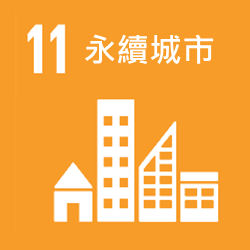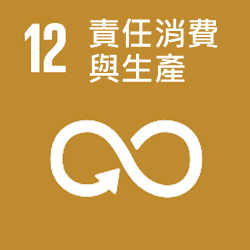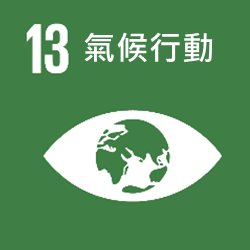| 開課班級Class: | 授課教師Teacher: | 學分數Credits: |
| 四熱農三A | 簡赫琳 | 2 |
| 課程大綱Course Description: |
| 民主深化研究中指出,民主有分薄民主(thin)與厚民主(thick)治理。從民主體制在世界各地被實現後的這兩百多年來,已出現了至少三波以上的全球民主浪潮,而台灣與其他亞洲國家屬於最晚進入民主體制的第三波民主浪潮。為了要讓民主的浪潮可以前進的更穩健,避免衰退,世界各國在二十一世紀開始推動屬於厚民主的審制式民主,其中創新的機制就是擴大公民參與管道,並重視將以民為主落實在永續城市治理中。 此課程在以上學術與實務的脈絡下,期望帶領學生從認識民主深化中的厚民主理論背景談起,再結合聯合國於2015年制定永續發展目標(SDGs)中第11項 (SDG 11)永續城市 (Sustainable City),探索各國地方政府與私部門如何以城市為單位,結合科學、政策及公民智慧與參與讓都市逐漸從不永續的治理、生活或生產方式逐漸轉型成永續模式,以提升人類未來對抗氣候變遷的適應能力。 課程設計分成四大部分:先從提問為何需要公民參與談起,接著介紹各種永續城市相關的國際政策工具及相關理論辯論;第三部份則開始依照聯合國永續發展目標第十一項中的永續城市七大次目標為討論課題,分別介紹各國公民參與城市創新個案;期末將規劃舉辦一場以世界咖啡館模式的永續城市與我們的共同未來公民論壇,論壇中透過桌長角色扮演、換桌與意見交換,期待修課學生可依照辯論中所反思的各種想法整合來做期末報告的公民角度政策建議白皮書撰寫,讓學生可以有學習做城市主人的模擬經驗。 |
| English Outline: |
| In the study of democratization, democracy is divided into thin and thick governance. Since the installation of democratic institution for the past two hundred years, there are at least three waves of global democratization. Taiwan and other Asian countries are grouped as the late comers in the third wave. In order to consolidate democracy and avoid recession, countries around the world begin in the 21st century to push for deliberative democracy as one type of thick governance. Among the innovative mechanisms, to expand opportunities for citizen participation and to emphasize people centered practice in the sustainable city governance are pivotal. This class, under the above mentioned academic and practical context, wishes to begin by introducing the theoretical concept of thick democracy. Then the SDG 11 Sustainable City proposed by the United Nations in 2015 and how local government and private sectors integrate citizen wisdom and participation to transform city from unsustainable governance, lifestyle or mode of production into sustainable path for enhancing adaptive capacity of human in flighting climate change are explored. The course design is fourfold. By starting with understanding why we need citizen participation, the next section introduces sustainable city related international policy tools and theoretical debate. The third part uses 7 sub-goals in SDG 11 as theme to introduce citizen participation cases in different parts of the world. Lastly, toward the end of the semester, the course will utilize World Café technique to organize a citizen forum for discussing issues of sustainable city and our common future. Through table host role play, shifting table and idea exchange, participating students are expected to integrate what they have reflected into a policy recommendation white paper as final report in order to simulate the experience of acting as owner of the city. |
| 本科目教學目標Course Objectives: |
| To understand the origin and importance of citizen participation in democratic society. To explore relationship between citizen participation and sustainable city governance. To learn various analytical angles of citizen participation exemplified by international cases and to expand the imagination about sustainable city. To experiment an alternative governance practice that is different from conventional top-down rule and learn to reclaim the city. |
| 教學型態Teaching Models: | 成績考核方式Grading: |
| 課堂教學+小組討論 | 平時成績General Performance:30% 期中考Midterm Exam:30% 期末考Final exam:30% 其它 Other:Attendance & Participation 10% |
| 參考書目Textbooks/References: |
| Power Point Slides made by instructor John Gastil and Peter Levine. 2012. The Deliberative Democracy Handbook: Strategies for Effective Civic Engagement in the 21st Century Millennium Assessment Report https://www.millenniumassessment.org/zh/About.html SDG 11 sub-goals https://sdg-tracker.org/cities |
| SDGs指標: |
   |
| UCAN職業項目: |
| 課程更新狀態: | 課程匯入時間Import Time:2022-01-04 14:56:19 |
| 最後更新時間Last Modified:2022-02-09 11:07:20,更新人modified by:簡赫琳 |